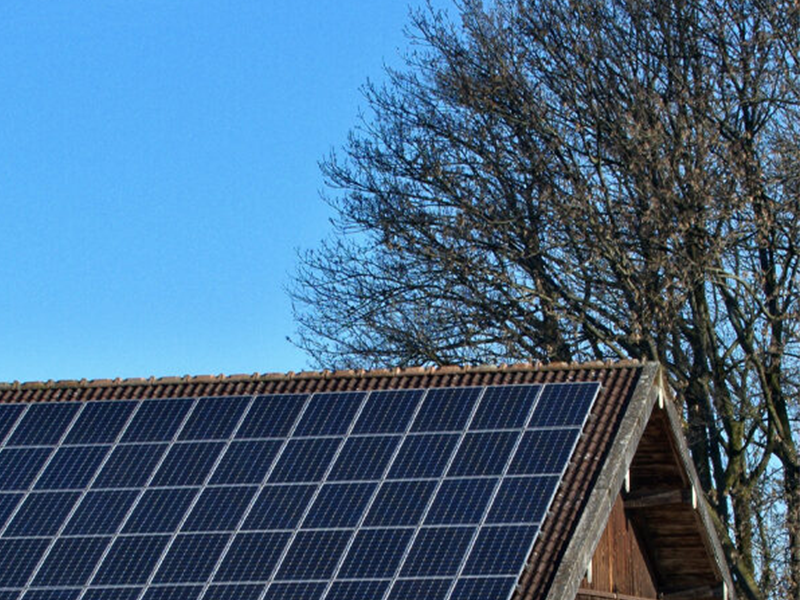
In a significant step towards addressing environmental justice and promoting renewable energy, the Environmental Protection Agency (EPA) has unveiled a groundbreaking $7 billion program aimed at funding solar development in low-income and disadvantaged communities across the United States. The initiative, announced earlier today, marks a major commitment by the federal government to empower underserved communities with clean energy solutions while mitigating the impacts of climate change.
The EPA’s program, known as the Solar Equity Initiative, seeks to bridge the renewable energy gap by supporting solar projects in areas that have historically faced economic and environmental challenges. By providing financial assistance and technical expertise, the initiative aims to promote sustainable development and energy independence among marginalized populations.
Under this program, eligible communities will be able to access grants and low-interest loans to install solar panels on rooftops, parking lots, and other suitable locations. The funding will cover a range of solar projects, including residential, commercial, and community-based installations. Moreover, the Solar Equity Initiative will prioritize the training and hiring of local residents to foster job creation and stimulate economic growth within these communities.
Speaking at the program’s launch, EPA Administrator highlighted the importance of renewable energy as a catalyst for positive change. “The Solar Equity Initiative embodies our commitment to combating environmental injustices while transitioning towards a clean energy future,” said the administrator. “By investing in solar power in low-income and disadvantaged communities, we aim to alleviate the burden of energy costs, reduce pollution, and promote sustainable economic development.”
The EPA’s program aligns with the administration’s broader climate and equity agenda, which emphasizes the urgent need to address climate change and tackle social disparities. By prioritizing low-income and disadvantaged communities, the Solar Equity Initiative aims to rectify the disproportionate impacts of environmental pollution and ensure that these communities have access to clean, affordable, and reliable energy sources.
Environmental advocates and community leaders have applauded the EPA’s initiative as a critical step towards environmental justice. They believe that investing in solar energy will not only reduce carbon emissions but also alleviate the financial burden on families struggling with high energy costs. The Solar Equity Initiative is expected to stimulate innovation, resilience, and self-sufficiency in communities that have historically been underserved.
The EPA will work closely with local governments, nonprofit organizations, and community stakeholders to identify and prioritize eligible projects. The agency will also provide technical support and guidance throughout the project lifecycle, ensuring that solar installations are efficient, safe, and effectively integrated into the existing infrastructure.
As the nation strives to build a sustainable and inclusive future, the EPA’s Solar Equity Initiative stands as a beacon of hope for low-income and disadvantaged communities. By unlocking the transformative power of solar energy, this program will not only reduce greenhouse gas emissions but also empower communities to thrive in an increasingly clean and resilient world.
